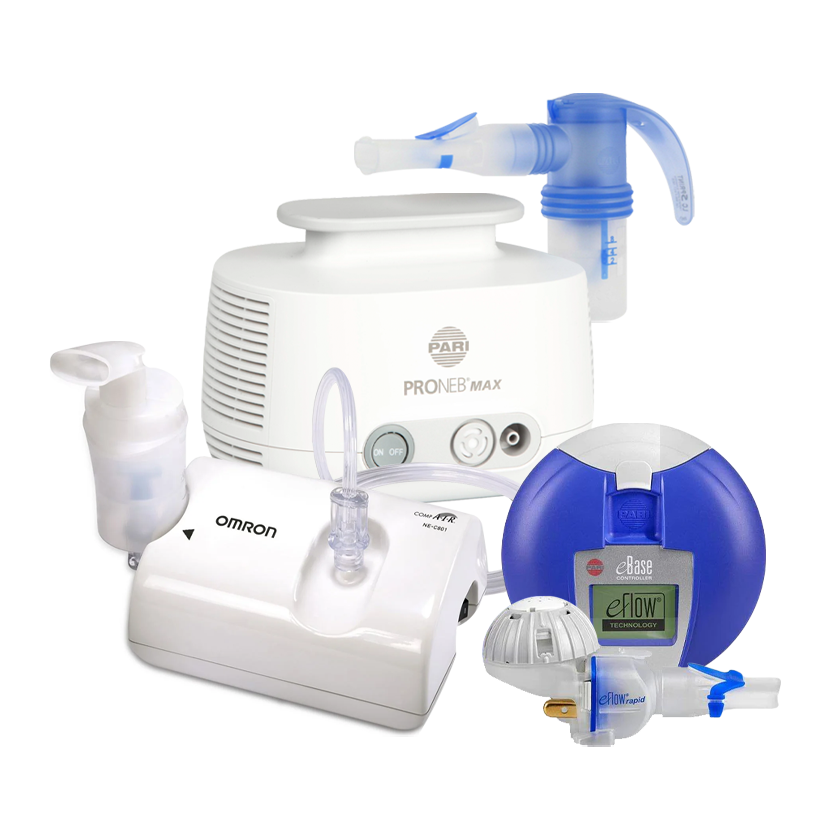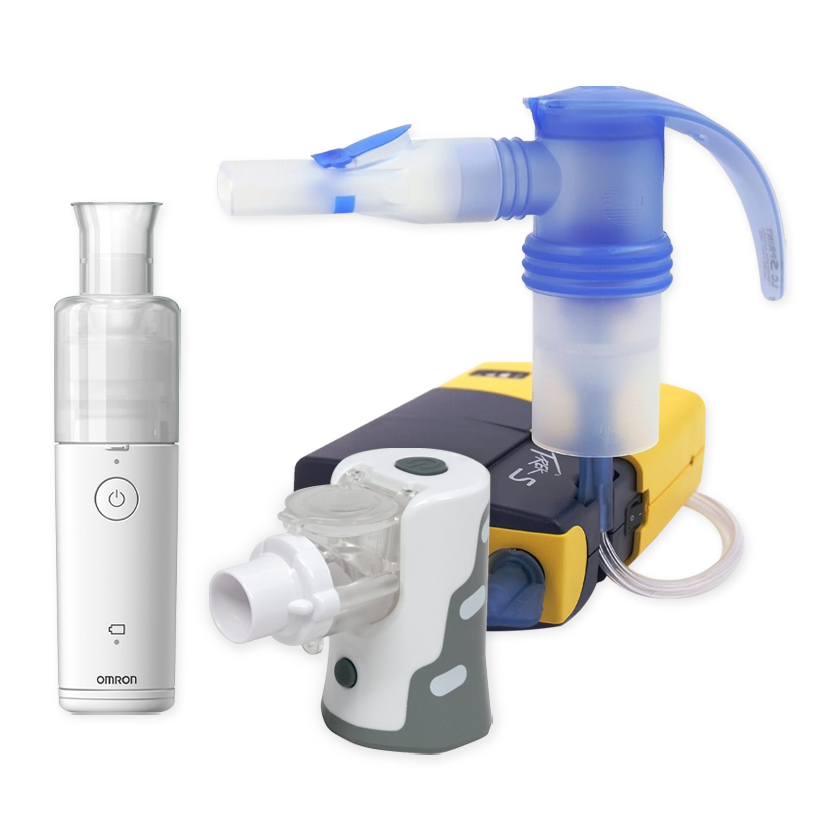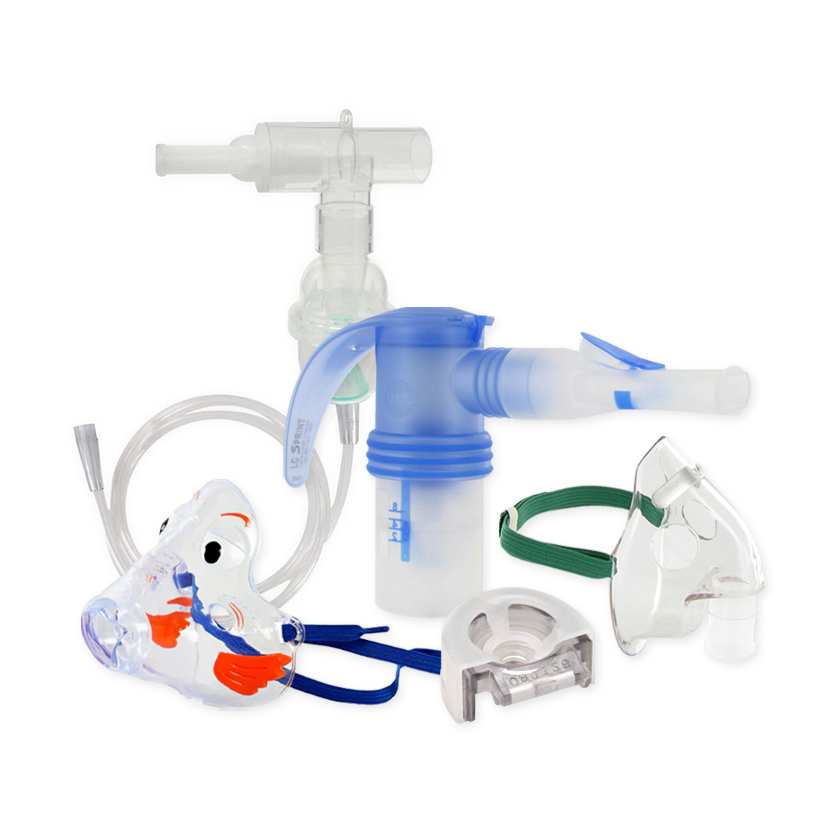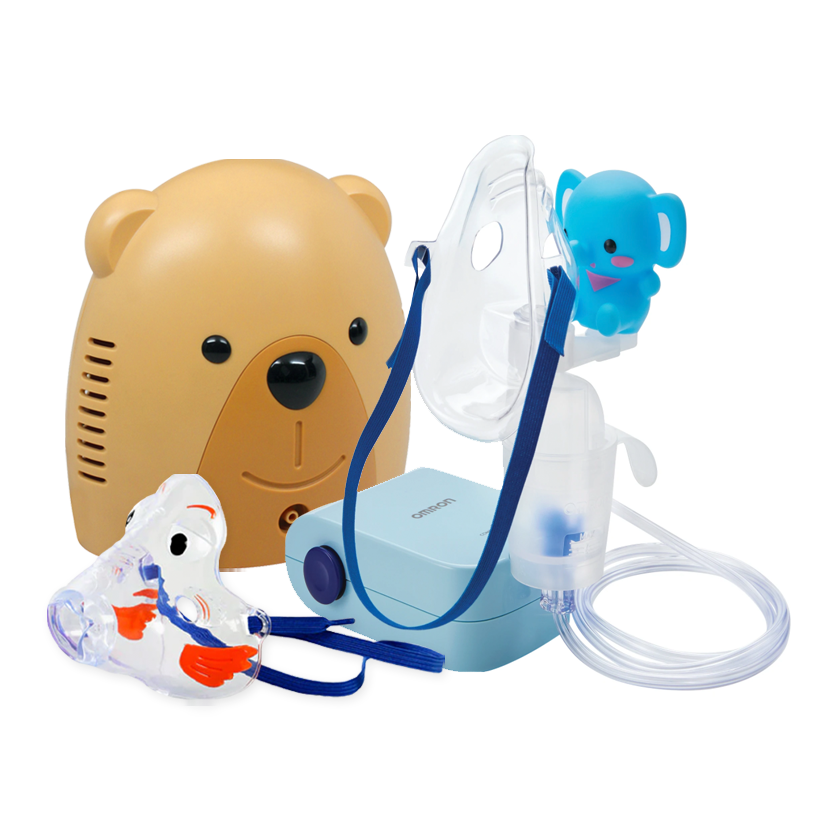Your Cart is Empty
Free Shipping on all orders over $75! Plus, free express shipping on select items.
Menu

Free Shipping on all orders over $75! Plus, free express shipping on select items.
Nebulizer Systems
Travel Nebulizers
Nebulizer Accessories
Just For Kids
Oxygen Supplies
Researchers Test Aerosol Ebola Vaccine
July 23, 2015 1 min read
Researchers are currently testing an inhalable ebola vaccine on animals, hoping to move on to human trials in the near future. So far, things look promising. The potential vaccine being tested is a mixture of a weakened respiratory virus-- parainfluenza virus type 3-- and an Ebola virus glycoprotein. The combo is called HPIV3/EboGP.
Researchers give this concoction to rhesus monkeys via nebulizer mask, then administer a potentially fatal dose of ebola. But thanks to the immunity built up by HPIV3/EboGP, the animals survive. Plus, scientists claim the vaccine has no negative side effects.
If the vaccine is successful in humans, it has the potential to save thousands of lives. During outbreaks, there often aren’t enough trained medical workers to administer all the vaccines needed, especially in rural areas where ebola has been known to break out. The inhalable version of the vaccine would be much easier to administer, but at this point any ebola vaccine would be a huge deal. Though many are being tested, none are yet on the market.
One potential issue with the new vaccine is that humans might not respond to it as well as monkeys have. For humans, PIV3 infections are common during childhood. Therefore, a human immune system’s response may not be as strong as a monkey’s is. Some humans also have PIV3 immunity which could negate the effects of HPIV3/EboGP.
But the only way to know for sure is to try. The researchers involved hope to move on to phase 1 clinical trials very soon.
Subscribe
Sign up to get the latest on sales, new releases and more …

NEW CUSTOMERS SAVE 10% OFF YOUR FIRST PURCHASE OF $20 OR MORE.
Code will be sent to email entered if applicable
SIGN UP FOR FUTURE SALES, NEW PRODUCTS AND ANNOUNCEMENTS
{"themeColor":"#061f77","iconColor":"#061f77","showLogo":true,"topBottomPosition":0,"rightLeftPosition":5,"iconSize":"large","iconCustomSize":64,"position":"middle-right"}



